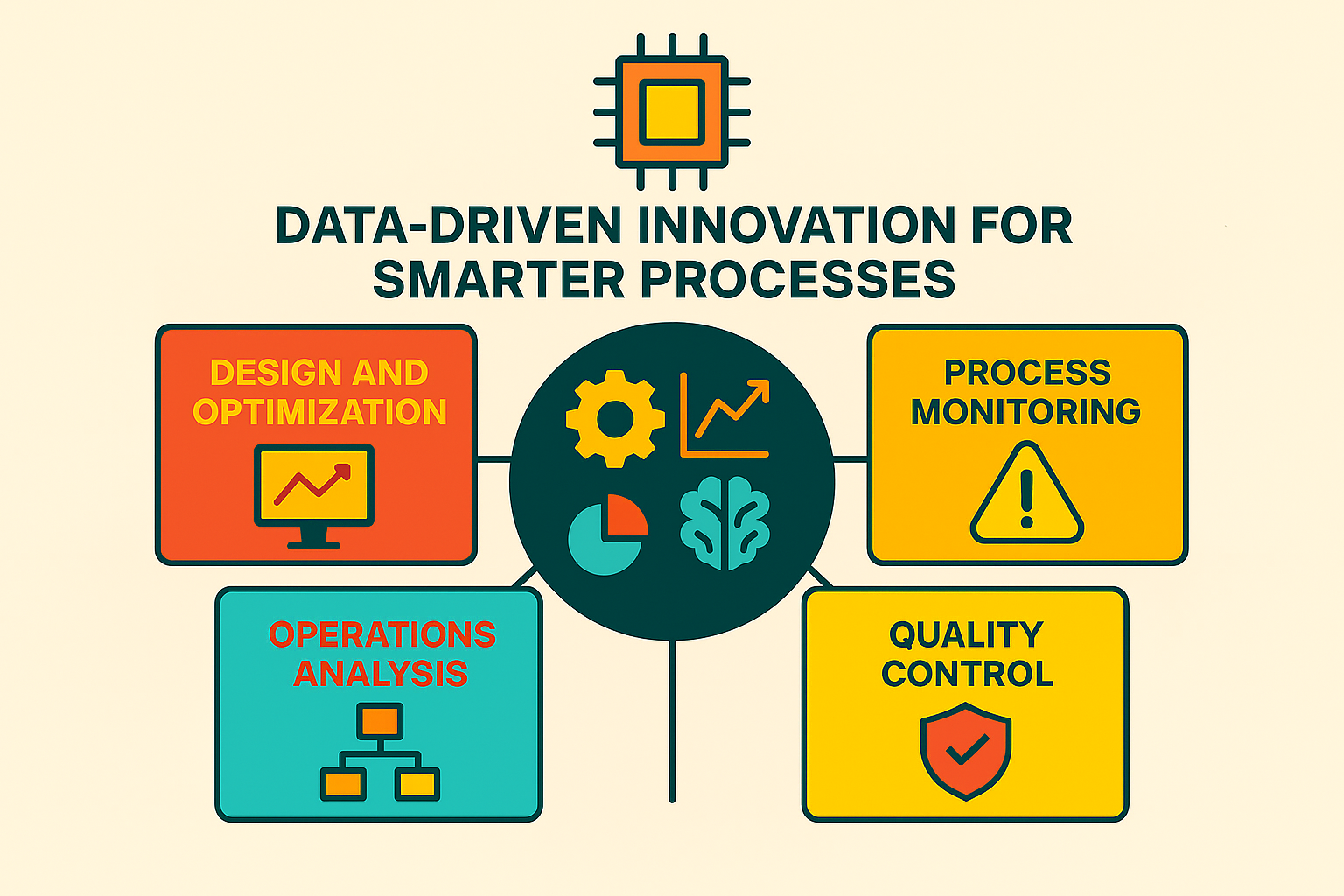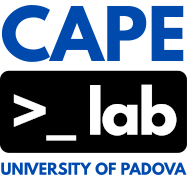
Advances in sensor technology — from simple flow meters and analytical technologies to near-infrared spectrometers and digital cameras — have transformed industrial operations. Measurements that once took time and resources can now be captured continuously and at low cost, generating massive amounts of data (“big data”) in real time.
This data revolution has accelerated the use of data-driven models in manufacturing. Among these, machine learning and multivariate statistical techniques stand out for their ability to turn complex data — whether real-time or historical — into clear, actionable insights on process performance and product quality.
At CAPE-Lab, we help companies unlock the full potential of their process data. Our research focuses on using advanced analytics to support critical engineering and production activities, including:
- Designing and optimizing products and processes
- Understanding and troubleshooting process operations
- Monitoring process and product quality in real time
- Improving process control and efficiency
- Formulating new products, and protecting products from fraud and counterfeiting


